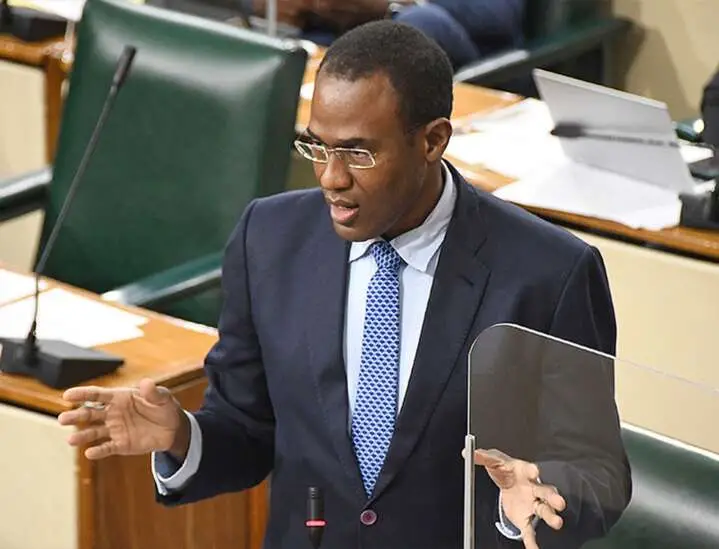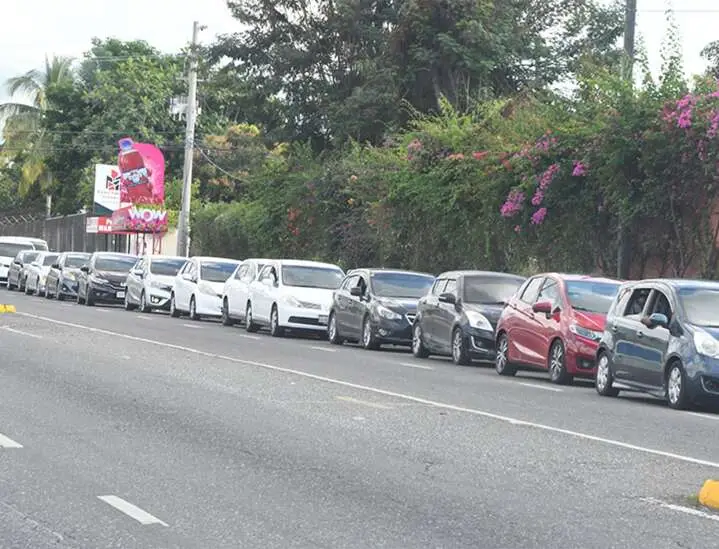
Payment plan
PUBLIC sector employees are hopeful that the Government will urgently settle outstanding benefit claims under a 2021-23 agreement — inclusive of transport allowances — even as the parties try to reach a deal on the proposed termination of motor vehicle duty concession for workers, as part of a revised salary package.
Head of the Jamaica Civil Service Association (JCSA) Oneil Grant, who is also vice-president of the Jamaica Confederation of Trade Unions (JCTU), said there is no objection to the July start date for new salary payments, which will subsume the concession benefit, but noted that it would be best if the outstanding payment claim is honoured in tandem with — if agreed — the implementation of new compensation packages.
“We are going to have to work very hard to ensure that there is standard acceptance of the items under the compensation review and that the interests of the Government and the employees are aligned [but] we do have an active claim with the Ministry of Finance that is being disturbed by the move by the ministry to absorb allowances into salaries. We want to settle that claim as quickly as possible… because, if not, there is going to be a gap year [where] we have no agreement, and we can’t allow that to continue,” he told the Jamaica Observer on Tuesday.
Grant pointed out that the longer the claim remains outstanding, the more back pay it will attract.
“We hope the ministry would organise itself to settle that matter whilst we are still talking about the compensation,” Grant said.
In the meantime, the JCTU — the umbrella body for unions representing public sector workers — is still mulling over the compensation review documents which it had demanded from the finance ministry, following indications from Finance Minister Dr Nigel Clarke that the motor vehicle duty concession would be discontinued. Initially, the JCTU had described the proposal to remove the benefit as an attempt to divide and rule its member unions.

“We at the confederation, and our individual unions representing various groups across the public sector, are going through those documents to make sure that we are seeing what the minister has indicated to be a real improvement in wages/compensation for public sector workers,” said Grant.
He said the unions were also awaiting additional information on some of the assumptions that were used to determine the revised compensation scheme.
“There are some assumptions that we are lacking that the ministry would have used when they were absorbing these allowances into salaries, and we have asked for those assumptions so that we can compare apples to apples,” Grant said.
“If an assumption that has been made by them is not one that we find is a fair assumption, then we will have a discussion with them about that because we don’t want things to be factored into the compensation that would make it less than [if] they used a different assumption,” he explained.
He said the ministry had indicated that it wants to “fix what has gone wrong” regarding consultations to ensure that the unions are on board.

Regarding the feasibility of salaries being adequate to make up for the loss of the benefit, the JCSA president pointed out that there is a standard approach to how the 20 per cent duty concession is calculated.
“We have to use what is referred to as the standard vehicle, which is what the typical public sector worker buys. So we researched, looked at what is the most demanded vehicle that public officers buy, and we use that to determine what is going to be the standard rate of duty, and that feeds into the various allowances that workers get when they are travelling officers,” he explained.
Affordability determines whether the individual officers purchase below or above this standard vehicle, but there is a cap on the US dollar value of the vehicle that can be bought, relative to the duties which apply. The benefit includes customs duties and exemptions from other fees that would usually apply to vehicle importation.
The Government said it will cost more than $100 billion to restructure public sector compensation over the next three years, as it moves to make salaries and other emoluments in the public service more equitable.
Finance Minister Clarke had told Parliament at the opening of the 2022-23 budget debate in March that approximately $17 billion of that is for certain categories of allowances.
























